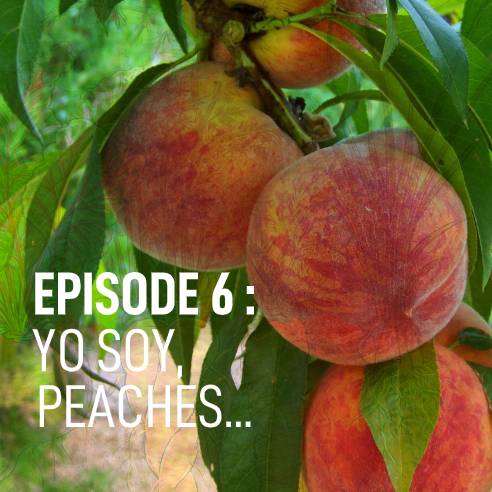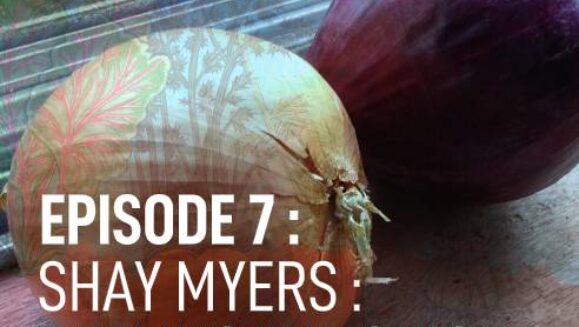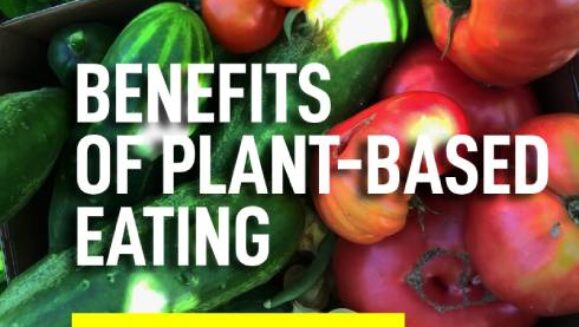Today, we’re talking about peaches.
Listen in here :
Well, actually we’re talking about soy. And Cotton. And an herbicide called dicamba. Let me explain.
Recently, someone sent me a link to an article about a peach farm who won a lawsuit against Monsanto/Bayer and BASF for $265 million dollars, in January 2020. Yes, a win for Bader Peach Farms, Inc., one of the largest producers of peaches in the US, and THE largest producer of peaches in Missouri.
Bill Bader and his wife Denise, own and operate a 1000 acre farm near Campbell, Missouri and they grow about 30 different varieties of peaches and also grow and sell nectarines, alfalfa hay, blackberries, corn, apples and tomatoes. They’ve created a successful family business that has created jobs for hundreds of people. Yay….
But the lynchpin of the case aren’t really the peaches. At the center of the story is an herbicide called dicamba, which is designed to kill broadleaf weeds and grasses that choke out soybean and cotton crops. We consume a lot of soy….but we’ll get to that later.
Dicamba was first registered in the US in 1967 and it is used on food crops, grasslands, in residential areas and golf courses. According to the National Pesticide Information Center, more than 1000 products on the market contain dicamba.
Dicamba is an “auxin agonist” which causes uncontrollable growth in plants which eventually causes them to die – so plants sprayed with dicamba actually grow to death.
This mostly unregulated herbicide came into being because many of these broadleaf weeds and grasses are now resistant to glyphosate, aka Monsanto’s RoundUP product. Of course, I could do a whole podcast on the plethora of environmental and related health problems that are a result of using glyphosate, but in the interest of time, we’re going to stick to dicamba.
So, in 2015, BASF and Monsanto/Bayer colluded in releasing the genetically developed cotton and soy seeds that worked together with this herbicide and called it a “technology”, marketed it to farmers under the name, XtendiMax and BASF, the other partner in this debacle, markets their product as Engenia.
One more little tidbit…
Monsanto/Bayer expected about 60 million acres of the Xtend soy and cotton seed along with the XtendiMax technology to be planted in 2019 – which was up from 50 million the year before. And just so we’re clear…these dicamba-tolerant soybeans made up 50% of the TOTAL US soybean crops in 2018…
So, how does dicamba impact our peaches?
Monsanto developed and supplied a genetically engineered cotton and soybean seed, along with the dicamba products to many farmers across the US. The biggest problem is controlling dicamba. As farmers were growing crops and spraying them with one of the earlier versions of dicamba which was volitizing/vaporizing and drifting (for up to 3 days) in the air, which is known as “dicamba drift” and it is landing on other non-GE neighboring crops and farms, like Bader Peach Farm.
This vapor problem is key and is caused by several factors, including temperature, wind, misuse, etc. And since this problem emerged, Monsanto has reformulated dicamba with a “vapor grip” technology, which supposedly does a better job at keeping the herbicide where it is meant to be sprayed…
In this particular legal case, the diabolical problem that was discovered was that employees of Monsanto knew that this product had the potential to destroy other farms and crops. They distributed a bunch of “voodoo science” and hoped that regulators wouldn’t get tipped off AND hoped that they wouldn’t get caught so they could stay out of jail…these are their own words, by the way.
Both companies KNEW of the dangers that dicamba would have on non-GE/non-XtendiMax crops. So, they knew what kind of damage this product could do, they marketed and sold it to farmers, and they basically lied to regulators. Because you know, when someone lies to you, knowing good and well that the stuff they’re peddling is going to be problematic, there are unfavorable outcomes….to put it nicely.
The reality is…if someone lied to you and convinced you to do something, knowing you would be hurt or “lose your shirt” in the end, but of course you didn’t know that, but you figured it out while dealing with the aftermath of the complete fall out, you’d probably want to kick somebody’s ass…right?
So, let’s talk about how this herbicide is destroying our peaches and farmers…and everybody else.
How is it impacting us ENVIRONMENTALLY?
-
- Destroyed millions of dollars worth of NON genetically engineered soy, tomatoes and wine grapes – so…even if you’re eating organic soy, organic tomatoes and drinking organic wine, and those are grown at a farm that is a few miles from where dicamba is being used, there’s a chance some of these crops are being affected too…
- There are two forms of dicamba, a salt form and an acid form. The acid form of dicamba can be mildly toxic to birds, and
- They say, air quotes, that “microbes and UV light can breakdown dicamba in water and soil in about 60 days”
How is it impacting our HEALTH?
- Because we all want to live a healthy life…which is easy to do with my book, Adding Raw Is Easy!
- It’s impacting the health of Peaches, obviously
- I also found that peaches, even organic peaches contain other chemical pesticides
- Of course, conventionally grown peaches, both domestic and imported contain higher levels of other pesticides, including but not limited to fludioxonil, chlorpyrifos
- But some domestic and imported organic peaches have positively tested for these pesticides as well.
- Many of these pesticide residues are known or possible carcinogens, they are neurotoxins, hormone disrupters, and a lot of people don’t want them near where they live.
- Though no science supports the connection between dicamba and cancer for humans.
- But what about the workers? Not just the people who work with and handle these crops everyday…but what about the bees?
- Also, Dicamba impacts plants and wildflowers that are pollinator forage foods for bees
- Many of the other pesticide residues found on peaches are on some level, toxic to bees.
- Honey production continues to drop annually in the US
- 70% of the bees in the US are shipped to California to pollinate fruit and nut trees and other plants
- There’s a guy in North Dakota (a beekeeper) that thinks that dicamba sprayed near his hives have made his bees more susceptible to cold, pathogens and other stressors. He lost more than 40% of his bees…devastating.
Let us all remember….if we don’t have bees, we don’t have fruit and many of the other foods we rely on for health and wellness!
What is the ECONOMIC impact?
-
- The production value of soybeans in the US was worth $39Billion in 2018; farm value of Cotton in the same year was worth $5B
- On farms : many have no choice but to “go dicamba” due to drift – it’s pitting farmers against each other and creating “farm wars”
- Destroys competition- Hurts smaller seed companies who sell soybean seed
- Impacts other farms causing millions of dollars in damage to farmers and crops (intentionally or unintentionally) due to drift
- OTHER EXTERNALITIES
- Cypress & Sycamore trees (Tennessee)
- Wildlife seek refuge in some of these trees: birds mostly (song birds, ducks, etc.)
- Cypress trees are made to make boats, old growth cypress trees are very durable and decay resistant
- They are in high demand – cypress per foot cost is about $300 as compared to $5-$10 of pine
So, what can we do….?
- Stop eating and purchasing soy based products – difficult because soy is in just about everything…bread crumbs, chocolate, nutritional supplements, cosmetics, candles, chewing gum, seasonings, crackers and baby formula!
- And a lot of vegetarians and lactose intolerant folks rely on soy products as substitutes (soy milk and cheese), it’s in a lot of commercially packaged foods, it’s in industrial and household products but mostly, it’s used to feed livestock and even your dog! This is harder than it seems. It’s like trying to get plastic out of your life.
- Plant a peach tree : might cost $20 but it will give you peaches for years to come…



